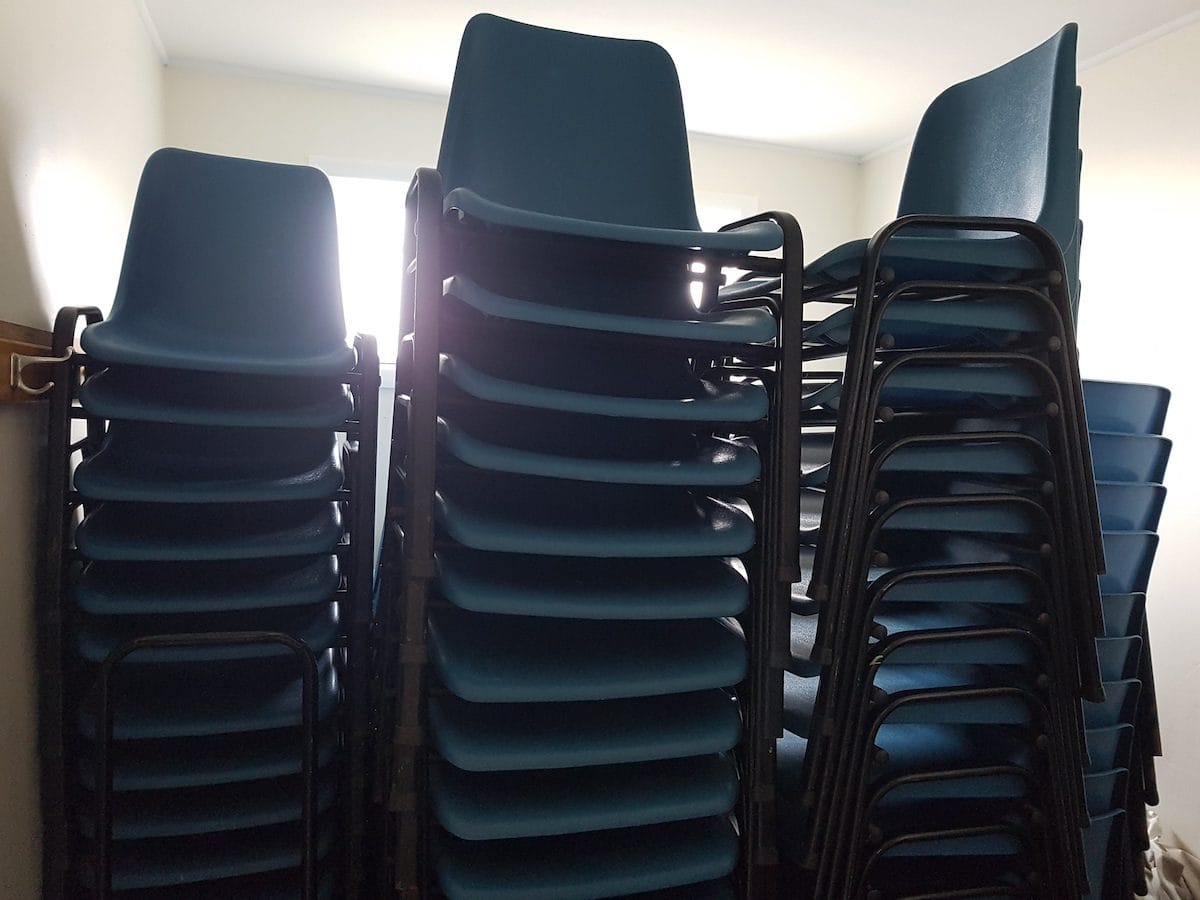A true and accurate chronicle of an episode in Paekākāriki community politics by Gilbert Haisman. Images: Mark Amery
In 1973, a military chap came to live in our village. He discerned a need for a Ratepayers Association and called a public meeting to discuss his proposal. Posters went up in village shops, articles appeared in the Kapiti Observer, flyers were put in letterboxes, and animated conversations took place in the Post Office and pub.
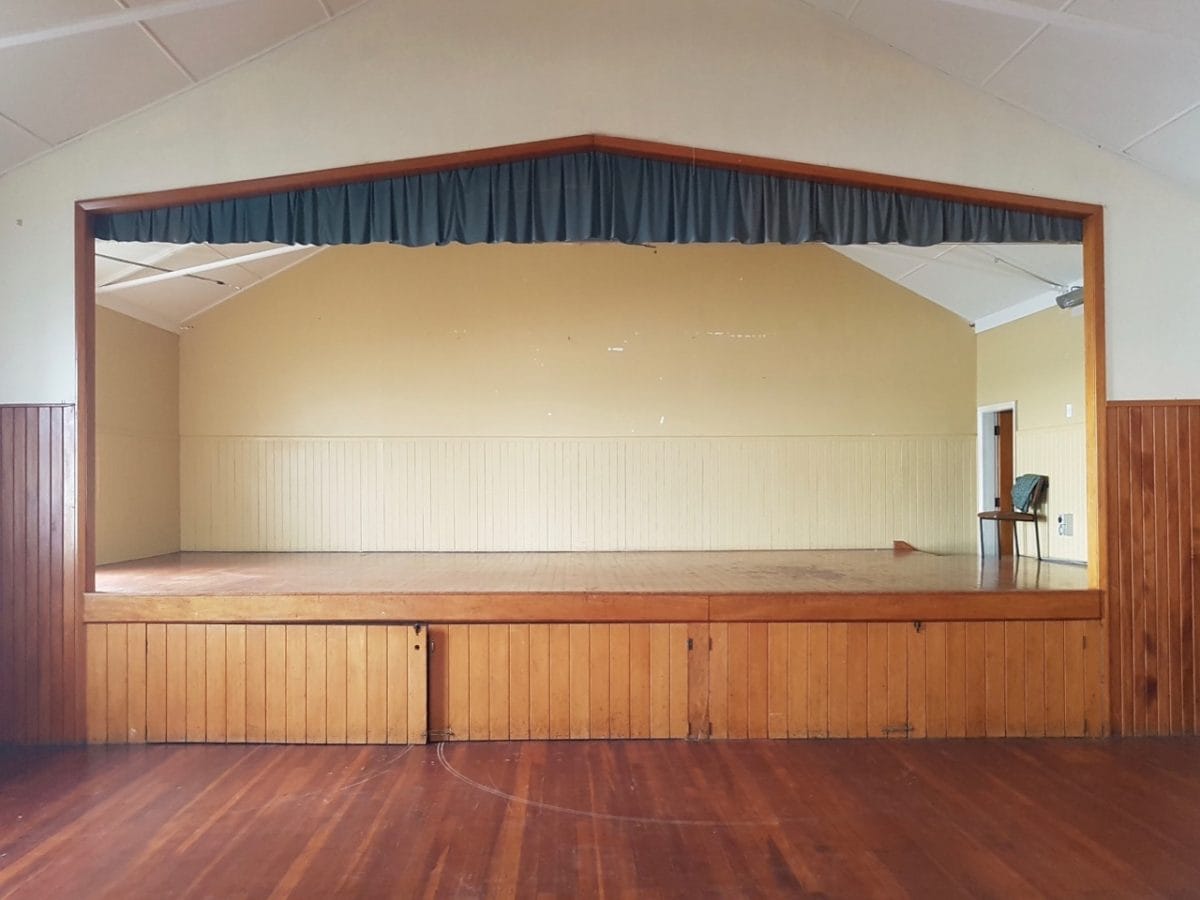
About 200 people turned up to the Memorial Hall, buzzing with the fervour in which our village affairs have always been debated.
No sooner had the Captain (for that was his rank) outlined his proposals than objections were raised. Chief among them was a claim of an elitist plot. Membership of a Ratepayers Association, we were reminded, would be restricted to people who paid rates. So, what about families living on less than ten thousand dollars a year, who already paid three thousand in rent? There was no way they could raise the two thousand dollars’ deposit needed in order to raise a mortgage which could be as much as nine thousand.
The excluded people would include tenants, young couples with children, and elderly parents living with their grownup kids. Moreover, some property-owners were absentee landlords, people who did nothing but lie around while poor people gave them an income until such time as the owners sold up, and wallowed in the untaxed capital gains that poor people were denied. Why set up an institution designed to make the ruling classes more powerful? Obviously, it would be more democratic to have a Progressive Association, especially as NICE landlords, like all those present at the meeting, would be welcome to join.
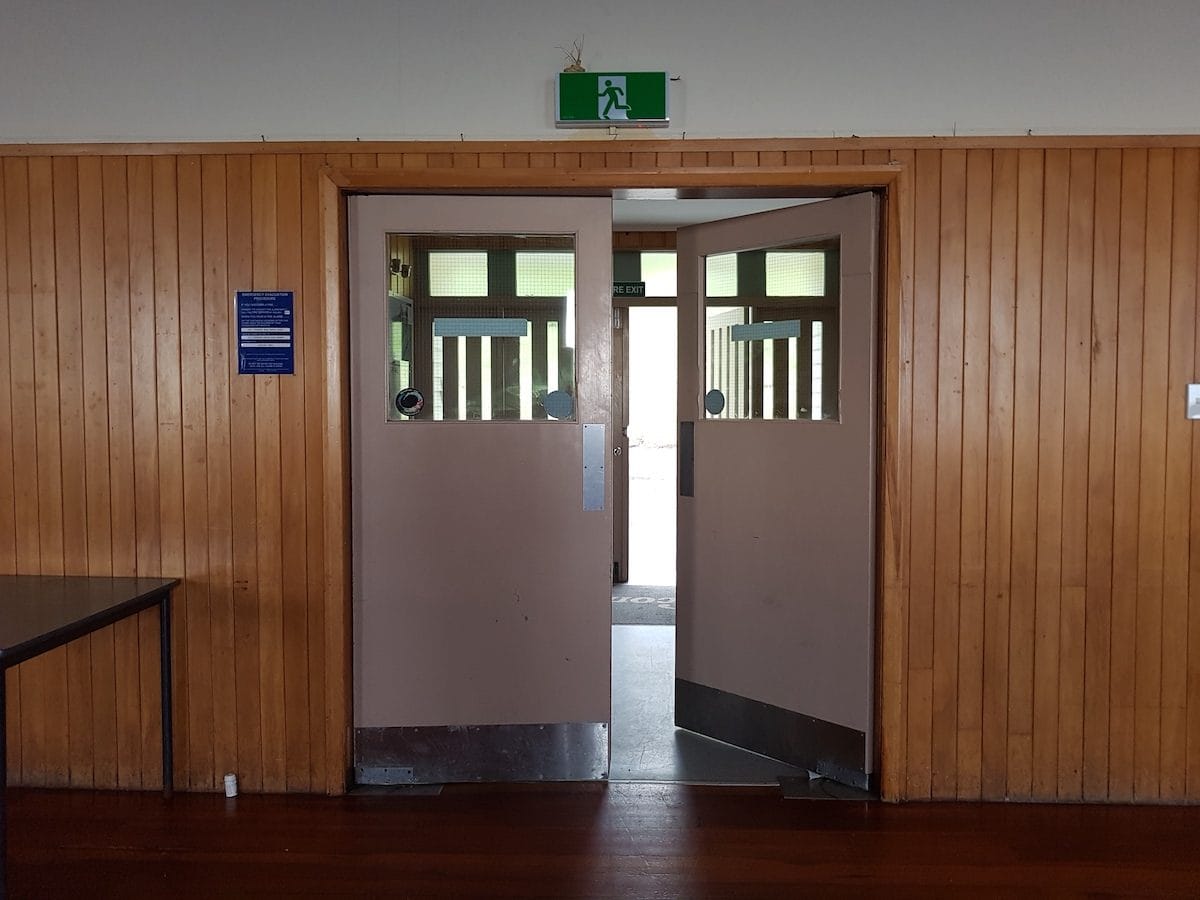
However, the Ratepayers option was staunchly defended. The welfare of the village, it was claimed, should be entrusted to those whose ownership of property was testament to their foresight, personal competence, emotional stability and tenacity of purpose.
There would be nothing undemocratic about a Ratepayers Association since property owners formed a meritocracy open to any person with the qualities needed to enter it.
The debate raged for almost two hours, but was halted at one point by an elderly gent who rose to his feet, brandished his walking stick, and complained about the many dog turds to be seen on The Parade. He had fought in Egypt, France and Italy and had never seen, in those places, anything like the amount of dog shit everyone has to walk around on the streets of his home village. “Is this what we fought the war for?” he bellowed.
An awkward silence followed. The Chairman (for that was Murray Hill’s gender) had difficulty in encouraging anyone to be the next person to speak.
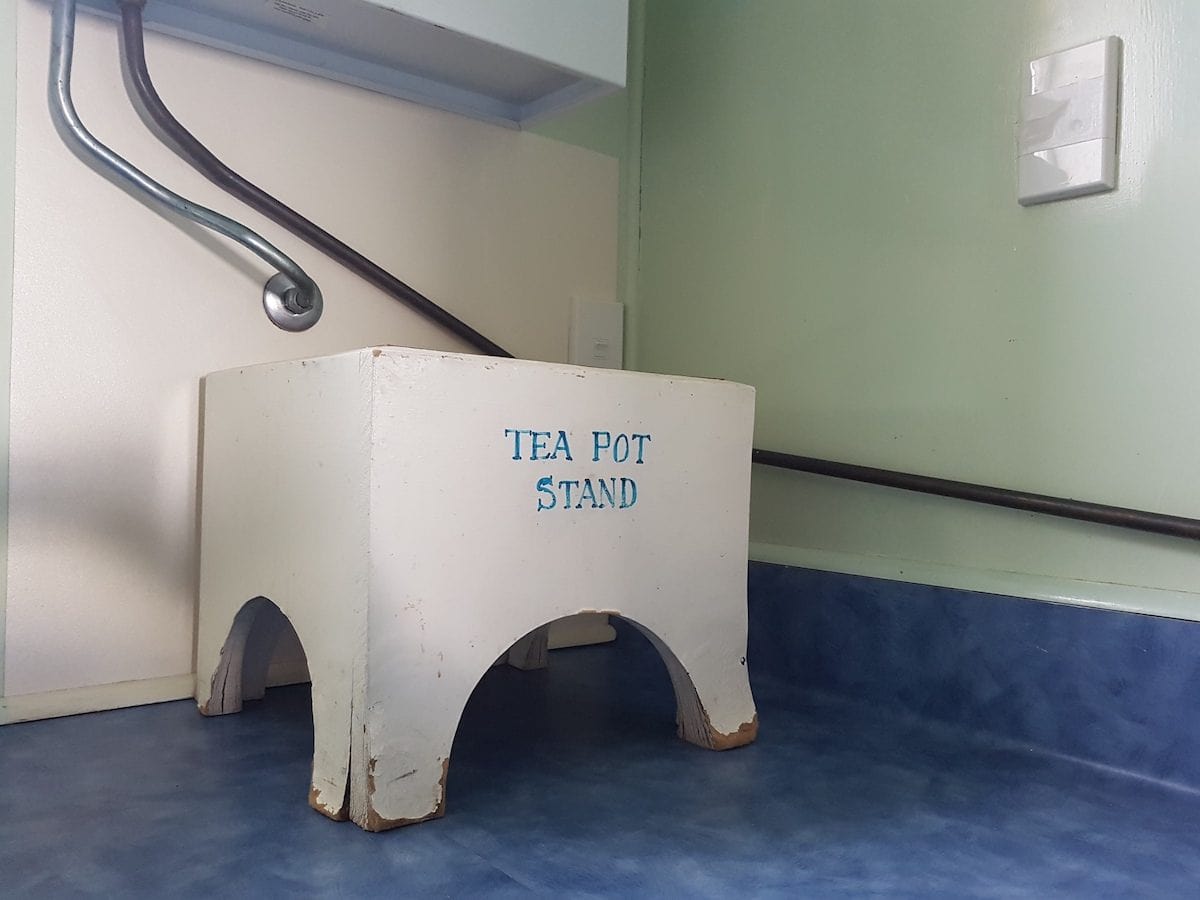
Eventually, the debate resumed, and the social democrats gained the upper hand. The vote to replace a Ratepayers Association with a Progressive Association resulted in a massive victory for the latter―a triumph hastened because the good Captain had promptly changed sides when the more democratic alternative was first mentioned.
Then the meeting took a dramatic turn. A young woman stood up and said that she had voted for a Progressive Association only as the lesser of two evils. The danger of a Progressive Association, she said, was that it might result in progress.
This galvanised the meeting! Within minutes, a frightening picture had been painted, chiefly through interjections that prevented previous interruptions from being heard.
Footpaths might appear on all the streets, said one man, perhaps on both sides of the road.
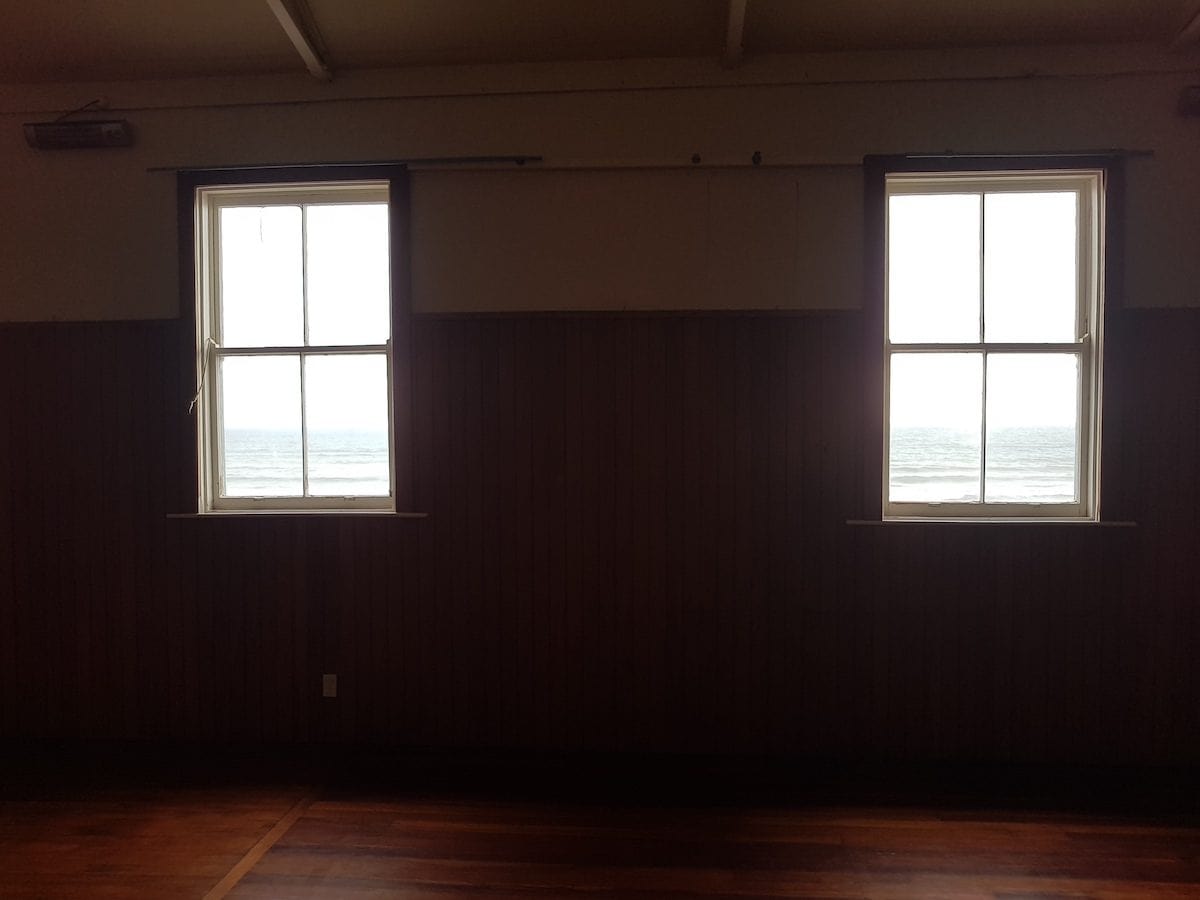
Holtom’s Building might be painted, said another. The result would be terrible. Motorists driving by on the highway might glance down Beach Road, realise it was attractive and then drive in, instead of wincing and going on to places like Waikanae, as they now did.
The Parade, currently dominated by cute Kiwi baches, would be replaced by the Californian-style monstrosities that were disfiguring the coastal parts of Auckland.
Sewerage might replace septic tanks, and the resulting subdivisions would lead to high-rise hotels, massive apartment blocks, casinos, rack-renting landlords and greedy speculators, all attracted by the matchless beauty of our beachfront location. The need for a larger water supply would send our rates through the roof, whereupon long-time locals would have to leave. Family continuity would be lost ⎯ because our children could never afford to buy a home in the village ⎯ and this would be disastrous for the Surf Club.
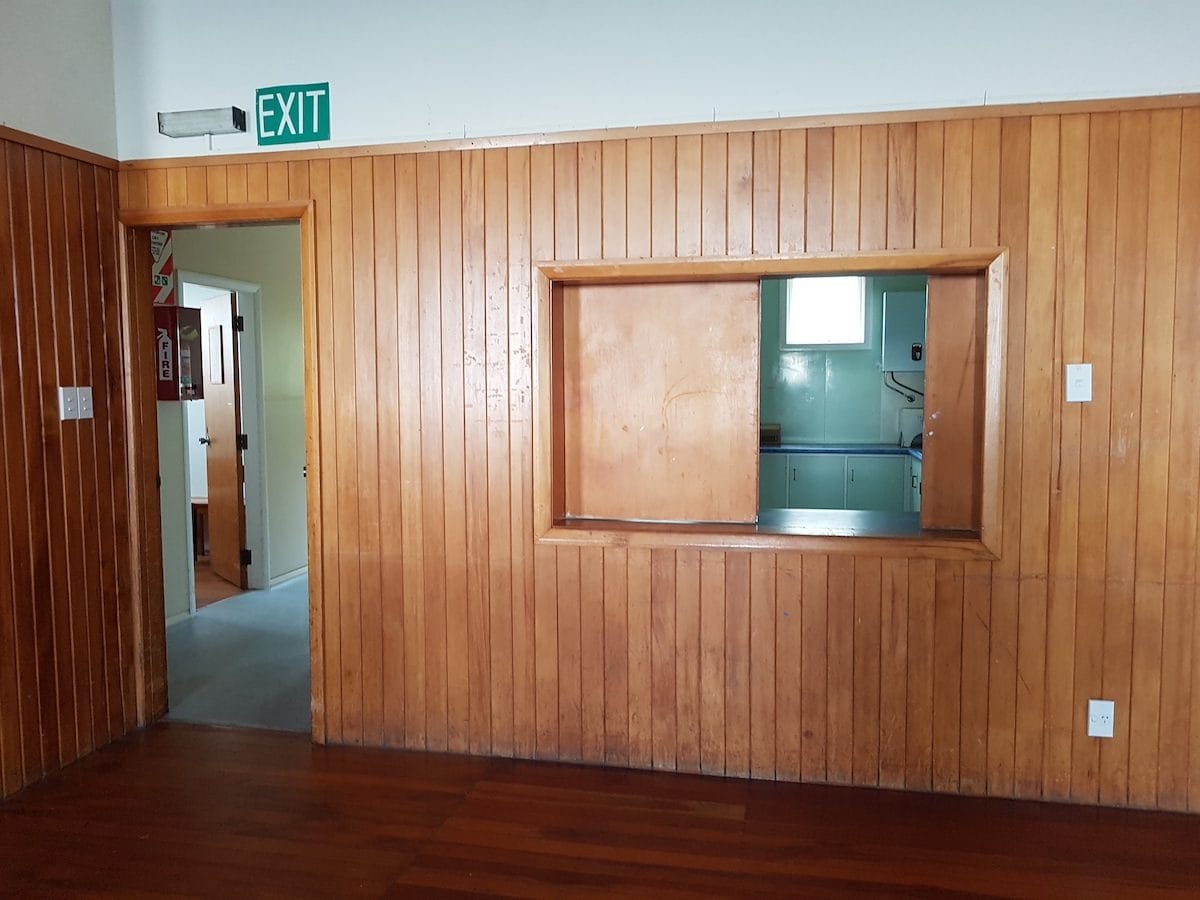
If we needed an association at all, said one woman, it should be a Protection Society, lying dormant but ready to spring into action should the threat of progress ever appear. Thunderous applause and shouted assent followed.
The one item of progress that the Protection Society should make an exception for, said an interjector, would be to take the AA sign on the highway and turn it the other way. That way, any capitalists who were looking for the village would, instead, drive over the hill to Pauatahanui.
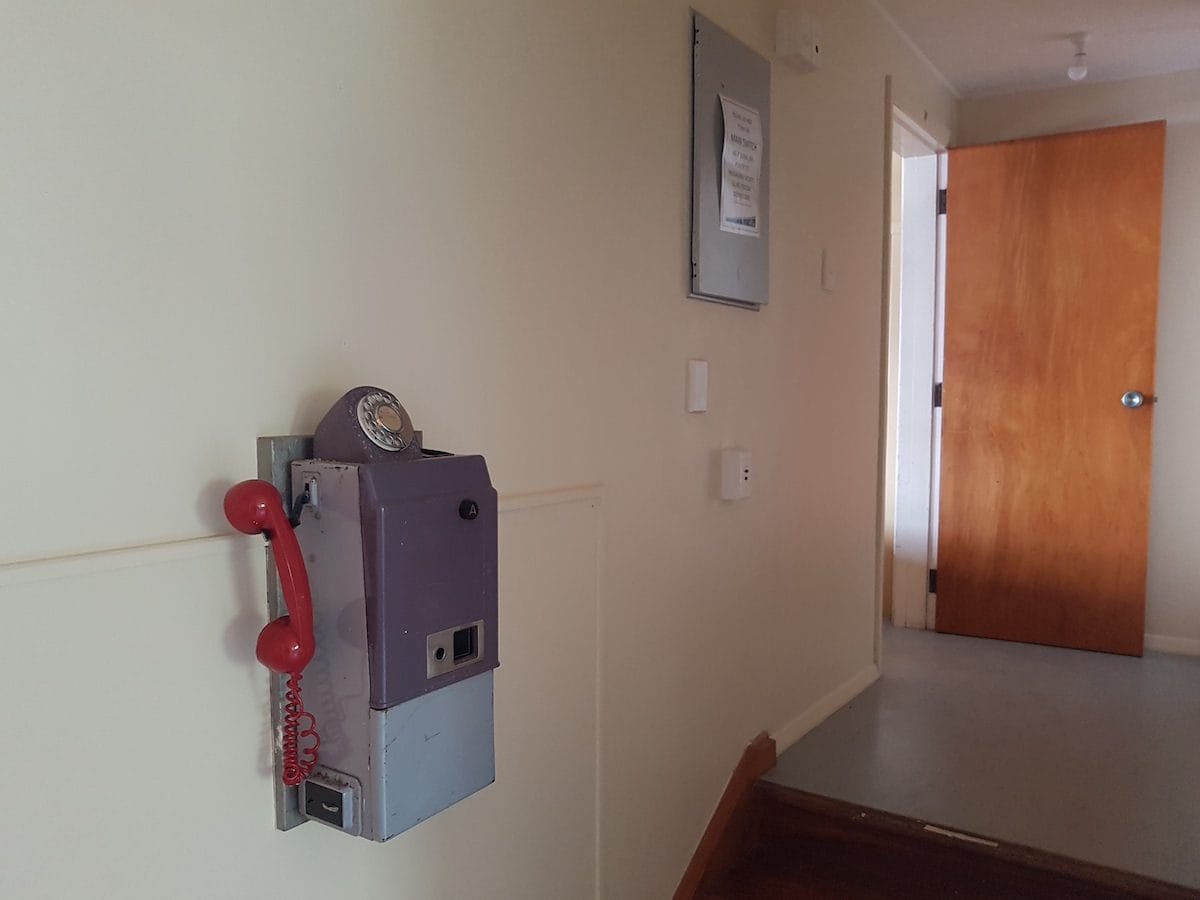
A new motion was put to the meeting: that the Progressive Society be wound up. This proposal was greeted with resounding cheers and a storm of applause, amplified by drumming heels. The motion was seconded immediately by several of those present.
Such was the excitement that Murray Hill, although a stickler for correct process, presumably saw no point in mentioning the complication that, while we had agreed on the name the organisation would have, we had yet to vote on whether or not to set it up. So, Chairman Murray asked for a show of hands.
More hands shot up than there were people in the room, due to the fact that some people made use of two arms, as―accompanied by perhaps the loudest eruption of joy ever heard in the village―we defiantly terminated an institution that did not exist.
There being no further business, we stacked our chairs in neat rows at the back of the hall, and went home.
